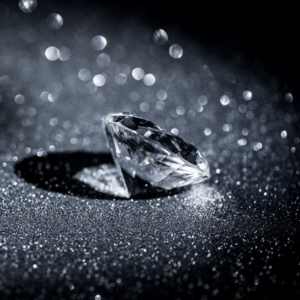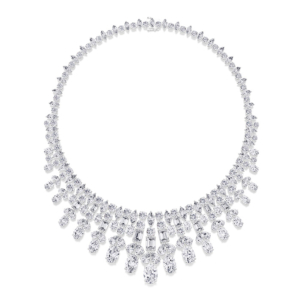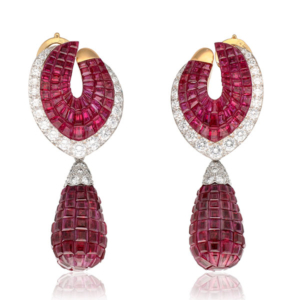
Edahn Golan is a longtime diamond analyst who recently cofounded Tenoris, a data service for the jewelry business, with industry veteran Chris Casey. Here, Golan talks to JCK about why sales of lab-grown diamonds are growing, why their prices keep falling, and where the lab-grown market is heading.
You recently attracted attention by suggesting that lab-grown diamonds could soon account for half of all U.S. loose diamond sales for diamond engagement rings by volume. Are you still seeing that?
When I look at just loose diamonds, we’re seeing the market share of lab-grown diamonds slowly reaching the 50% mark in the United States.
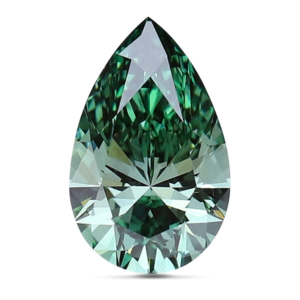
Three years ago, lab-grown loose and lab-grown set engagement rings were 9.4% of sales. Last year, they were 26%, and so far this year, they are already 35.7%—more than a third [of the market]. The trajectory is pretty clear.
That shows consumers still regard lab-grown diamonds as a luxury item. The attempt [by the natural diamond industry] to differentiate lab-grown from a luxury item has not been successful.
This is just independent jewelers, correct? It doesn’t include high-end jewelers and chains?
Correct, though it includes small chains.
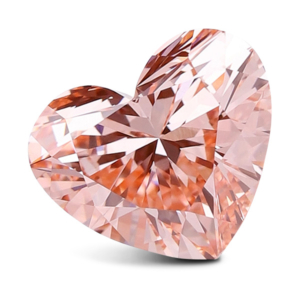
Are lab-grown sales doing well overseas?
It’s primarily an English-speaking business. You see good demand in Australia and New Zealand, a little bit in Canada, and the same goes for the U.K. In India and in China, jewelry purchases have traditionally been investment vehicles, but there’s also a growing westernization. You are starting to see more lab-grown purchases in those markets, but there’s a lot sold undisclosed.
You have said the price of lab-grown diamonds has fallen about 85% in the past few years. What does this decline mean at the retail counter?
Consumers are opting for bigger-size, better-quality diamonds. Instead of a G-H color, now all of a sudden consumers can get much bigger E-F items. We’re seeing serious growth in larger diamonds. But their production has also increased. The largest lab-grown diamonds also have the largest margins, so as their availability increases, their prices have fallen the fastest.
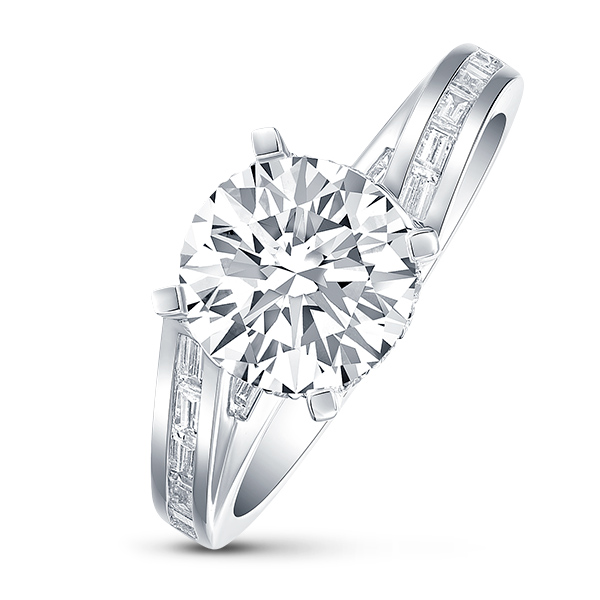
What does the price decline in lab-grown diamonds mean for people who produce them?
At some point, the price for lab-grown is going to go to a cost-plus model. It can’t continue at 98, 99% off of the Rapaport price list.
If the lab-grown industry doesn’t want to be an industry that supplies diamonds for sneakers, they’ll have to ensure the positioning of lab-grown diamonds as a luxury item. They need to reinvent themselves, or sink into a low cost, non-luxury item.
We are heading very quickly to a situation where the lab-grown market offers only D-flawless diamonds. And once you do that, all these growers will just be companies that pump out diamonds. There’s nothing different. The price will just go down and down and down.
For those that invest a lot of money in research and development, this race to the bottom has been really bad, because R&D is very expensive. Companies are already thinking about dividing their business into two directions: One is jewelry—which is a small business at the end of the day—and the other is for use in technology.
These companies are bearing the fact that their profitability is being eroded, since there is another avenue that they can possibly enjoy revenue from.
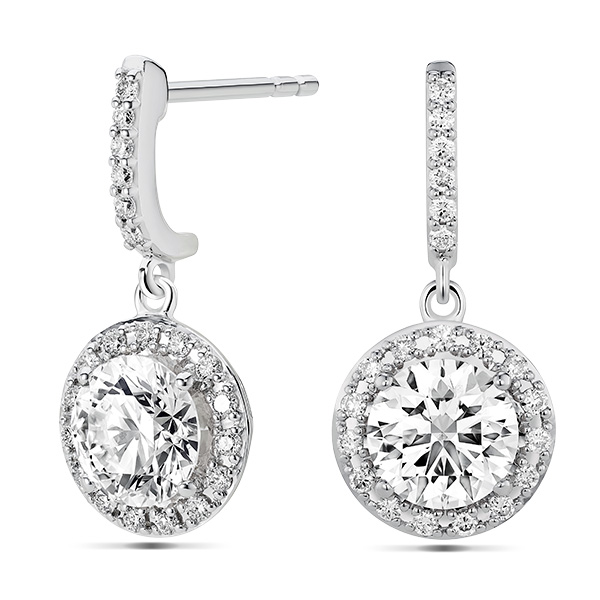
Do you think that the price will ever go so low consumers won’t want lab-grown diamonds sold at traditional jewelry price points?
Yes. Who wants to walk around with stud earrings that are 4 carats on each side? It’s just uncomfortable. Some people might like that, but for most, it’s too big. It’s insane.
Lab-grown diamonds don’t have the characteristics of luxury—they are not limited, not high-priced, they don’t have a story of their own. In that process, they are dragging down natural diamonds.
What is happening to natural diamond sales amid all this?
I see sales shrinking versus last year. But the last couple of years were fantastic. We’re still well above 2019. There’s still large demand for natural diamonds, and there’s less out there. De Beers isn’t producing more, as far as carats, and Alrosa is not selling as much.
- Subscribe to the JCK News Daily
- Subscribe to the JCK Special Report
- Follow JCK on Instagram: @jckmagazine
- Follow JCK on X: @jckmagazine
- Follow JCK on Facebook: @jckmagazine


